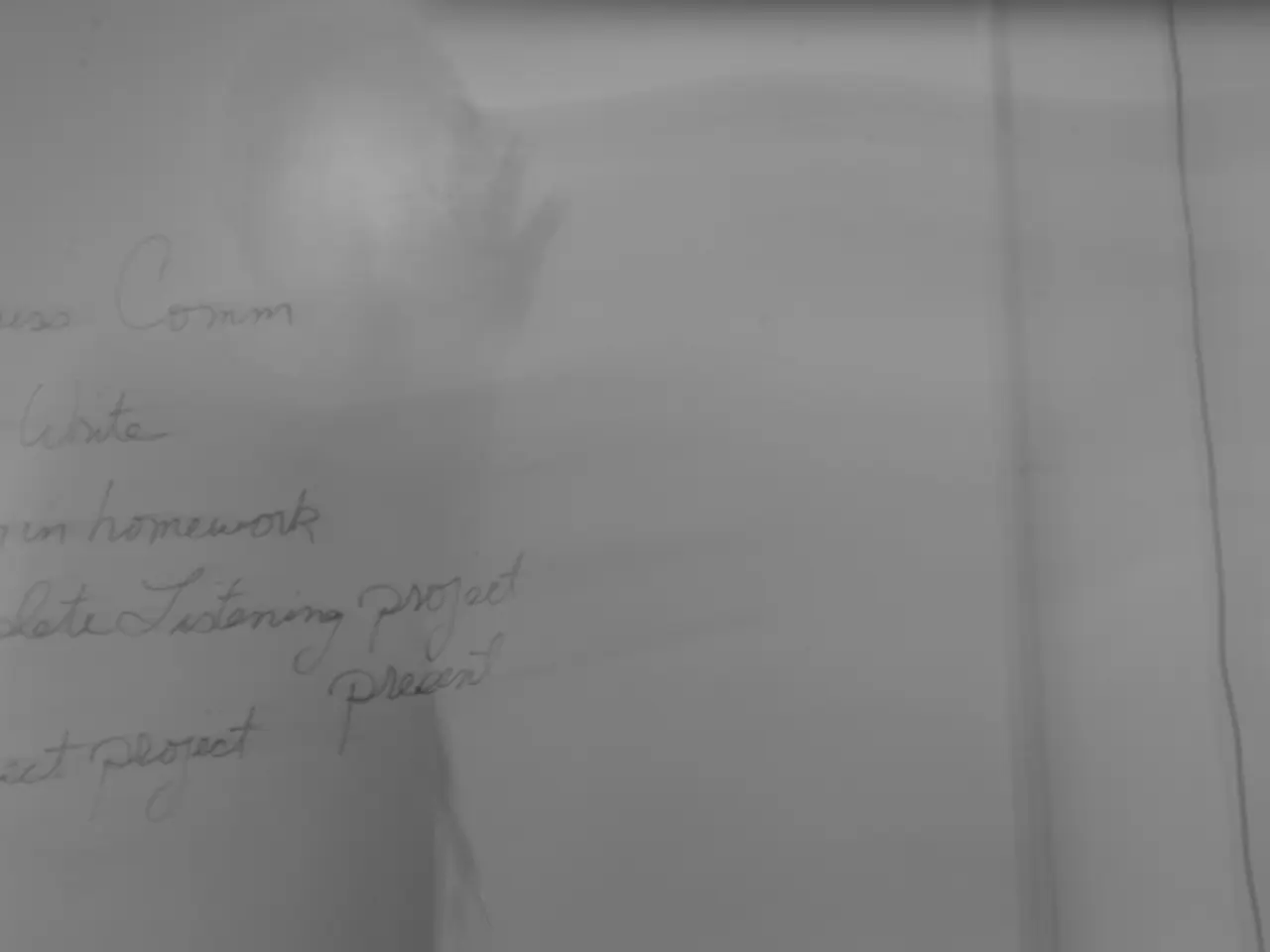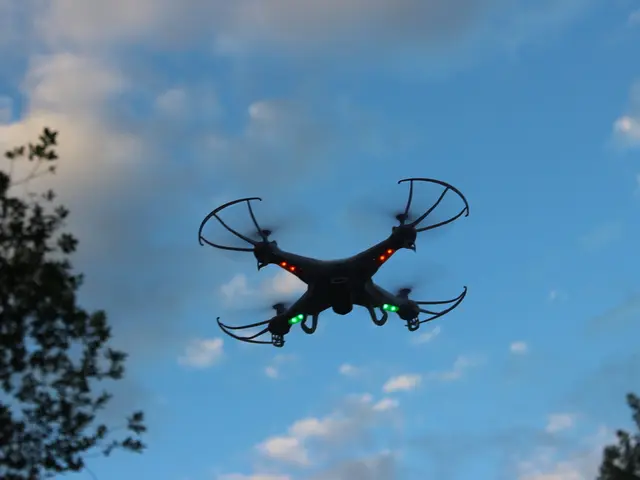Unraveling the Mystery of Patent Trolls and Lawsuits: A Comprehensive Handbook
In today's competitive business landscape, understanding the stages of patent litigation is crucial for businesses navigating the complexities of patent law effectively. This article delves into the world of patent trolls, entities that acquire patents primarily for enforcing them against alleged infringers, and the impact they have on businesses, particularly startups and small to medium enterprises.
The initial stage of patent litigation involves a patent holder sending a demand letter to the alleged infringer, outlining the claims of infringement. If negotiations fail, the affected party may file a lawsuit in a federal court, initiating the formal stages of patent litigation. During this process, legal representation plays a critical role, with attorneys specializing in patent law guiding clients through the complexities of the court system.
Patent trolls employ various legal strategies to maximize their leverage in litigation, such as filing a large number of lawsuits against various companies and asserting broad, vague patent claims. This tactic can significantly influence innovation and research within various industries by deterring companies from pursuing novel ideas. The financial burden on startups can result in a diversion of funds from innovation and development, stifling growth and competitiveness in their respective markets.
The United States has seen ongoing efforts to reform its patent litigation system to reduce frivolous lawsuits by patent trolls. These reforms include enhancing procedures for early dismissal of meritless claims, promoting fee-shifting provisions, improving patent quality and post-grant review processes, and the use of AI-enhanced patent invalidation tools. Networks like the LOT Network also work to reduce troll impact by cross-licensing patents or assisting companies in defensive patent strategies.
Europe is actively using regulatory frameworks like the Digital Markets Act to address unfair practices, including those in platform economies, which may relate indirectly to patent enforcement abuses. Certain antitrust and competition authorities in European countries scrutinize abusive practices more rigorously, although comprehensive pan-European anti-patent-troll statutes are less developed compared to the US. Some countries like Italy are pursuing aggressive enforcement of tech firms under existing laws, possibly setting precedents for handling troll-like abuses.
While the search results do not provide direct recent legislative updates specifically targeting patent trolls in China, China has been strengthening its intellectual property laws and courts to improve patent quality and combat abusive litigation. Japan, traditionally focusing more on patent quality and administrative efficiency through its patent office and judiciary, lacks explicit anti-troll legislation similar to the US.
In summary, the U.S. leads with explicit, ongoing legislative and procedural reforms targeting patent trolls, while Europe uses a mix of competition law and regulatory mechanisms. China and Japan are improving IP enforcement broadly but lack widely publicized recent anti-troll legislation according to the current search results. The chilling effect of potential lawsuits from patent trolls results in many businesses opting for caution over creativity, hampering overall industry growth.
| Country | Recent Measures/Trends | |----------------|---------------------------------------------------------------------------------------------------------------------| | United States | Early dismissal procedural reforms; fee-shifting; stronger post-grant review; AI-enhanced patent invalidation tools; defensive patent networks[2] | | Europe | Regulatory frameworks like DMA; active antitrust/competition enforcement; influence of geopolitical factors[4] | | China | Strengthening IP courts and patent quality (general trends, no specific recent updates from the search) | | Japan | Emphasis on patent quality and administrative reforms; no explicit recent anti-troll legislation found |
[1] Non-practicing entities (patent trolls) acquire patents primarily for enforcing them against alleged infringers, rather than producing or licensing the patented technology. [2] LOT Network: A global consortium of companies working together to reduce patent troll impact by cross-licensing patents and sharing defensive strategies. [3] America Invents Act: A United States patent law enacted in 2011 that introduced significant changes to the U.S. patent system, including provisions for early dismissal of meritless claims and fee-shifting. [4] Digital Markets Act (DMA): A proposed European Union regulation aimed at addressing the market power of large digital platforms, including potential abuses related to patent enforcement.
Read also:
- 1. Key Points for August 14: Gathering in Alaska, Immigration Enforcement (ICE), Financial service Zelle, Infowars, and Air Canada Airline Incidents
- Automobile manufacturer IM Motors reveals an extended-range powertrain akin to installing an internal combustion engine in a Tesla Model Y.
- Conflict Erupts Between Musk and Apple Over Apple Store's Neglect of Grok
- Partnership between MTN South Africa and SANTACO aims to advanced transportation systems and stimulate economic opportunities for the masses in South Africa.








